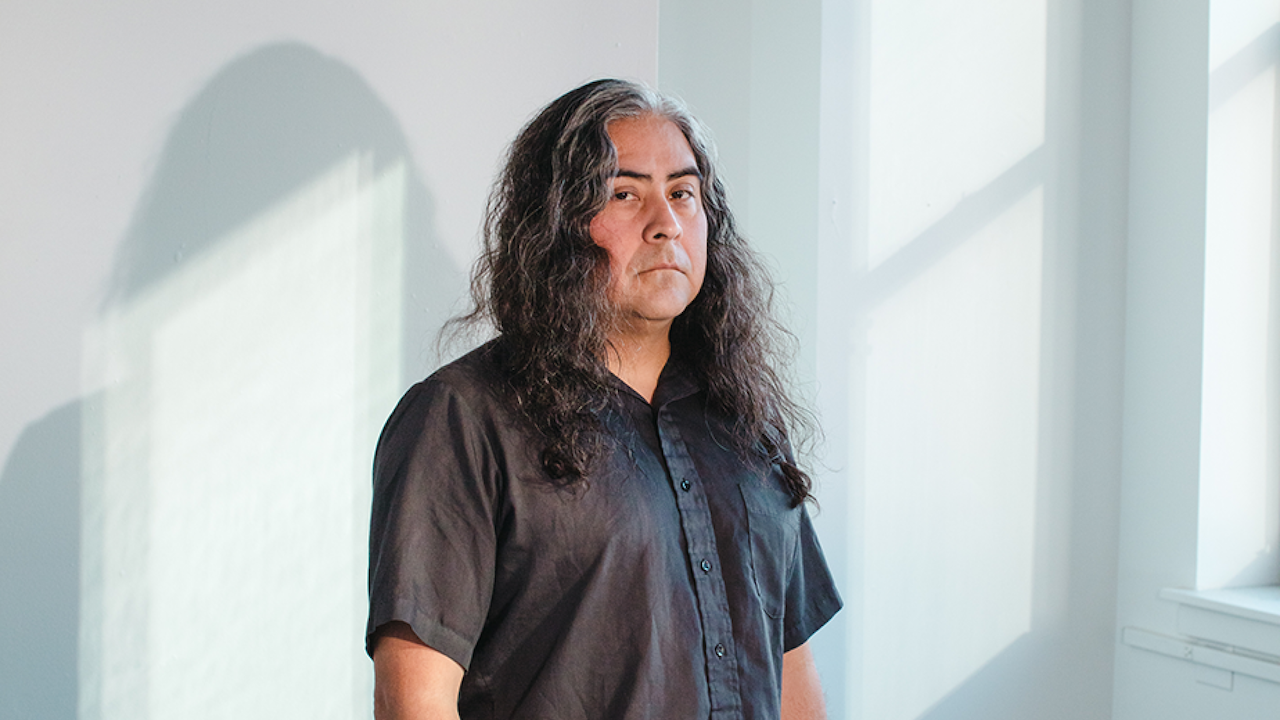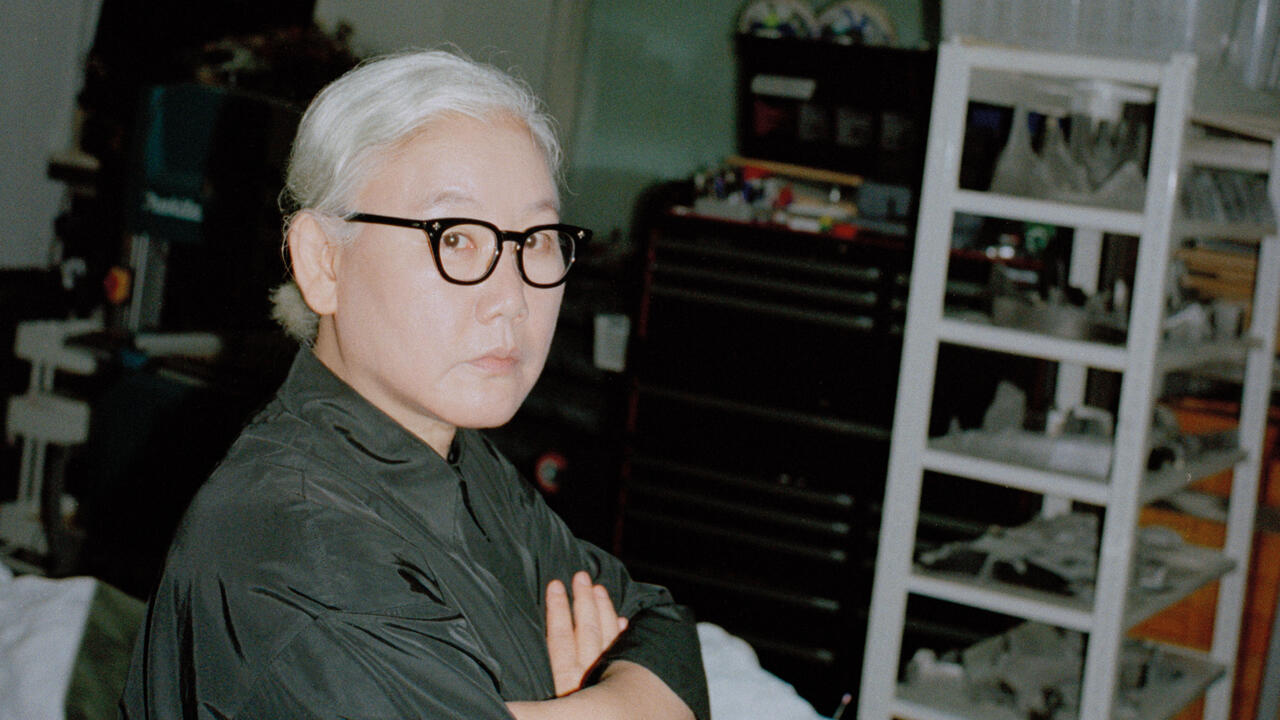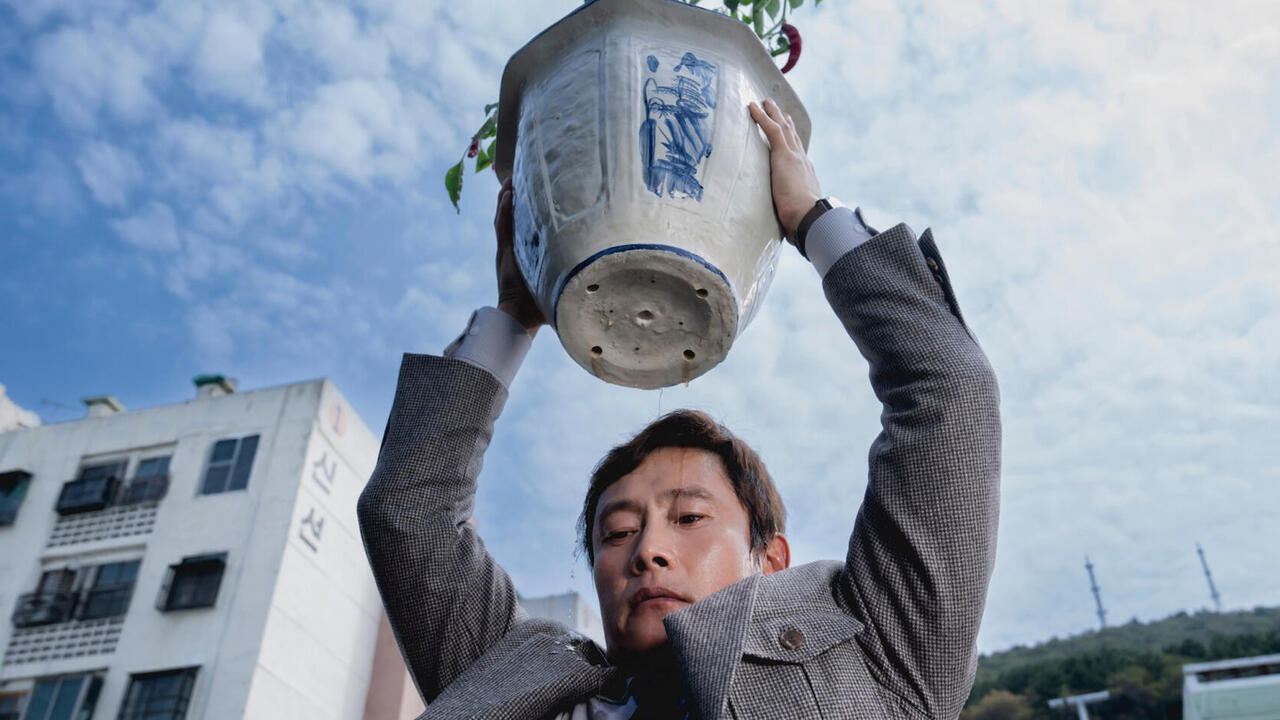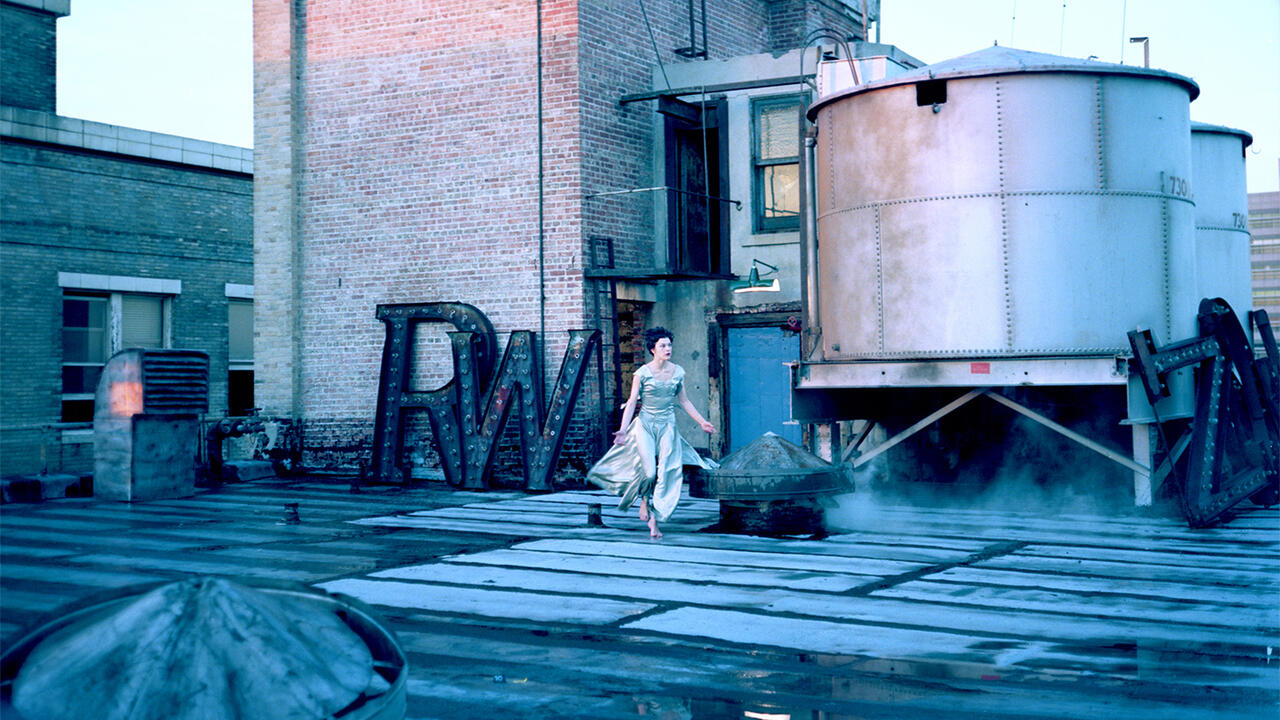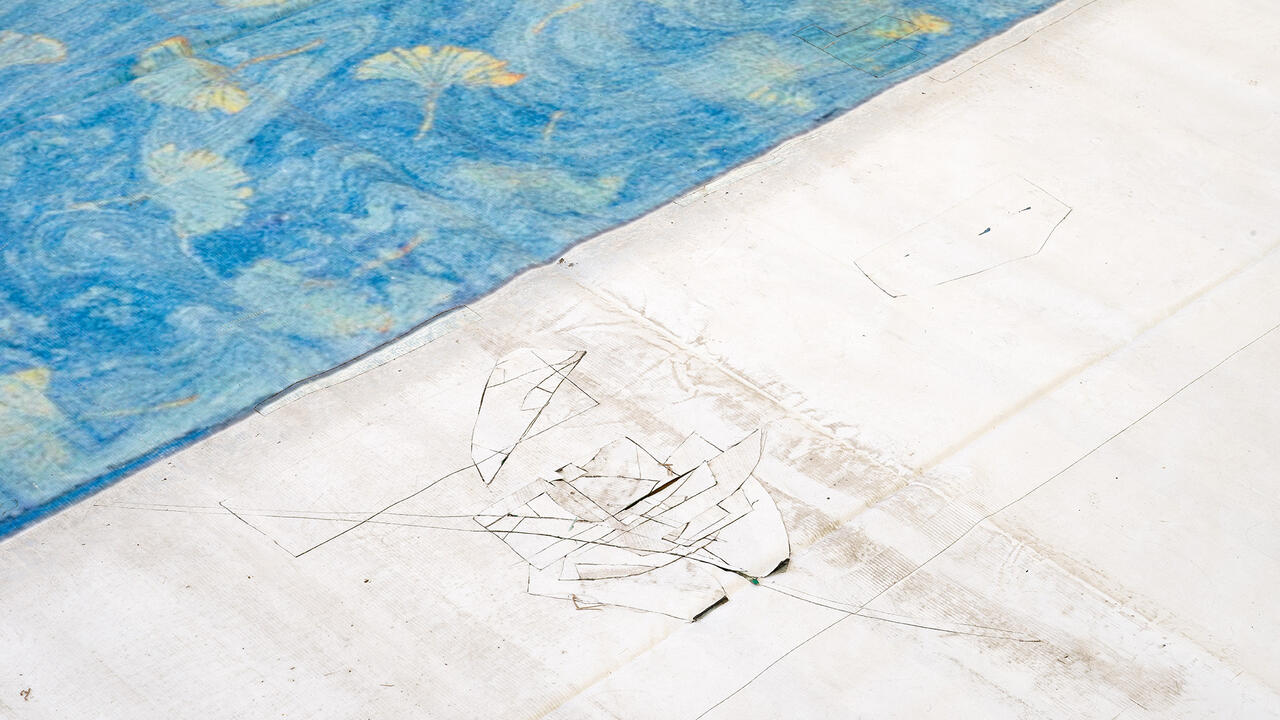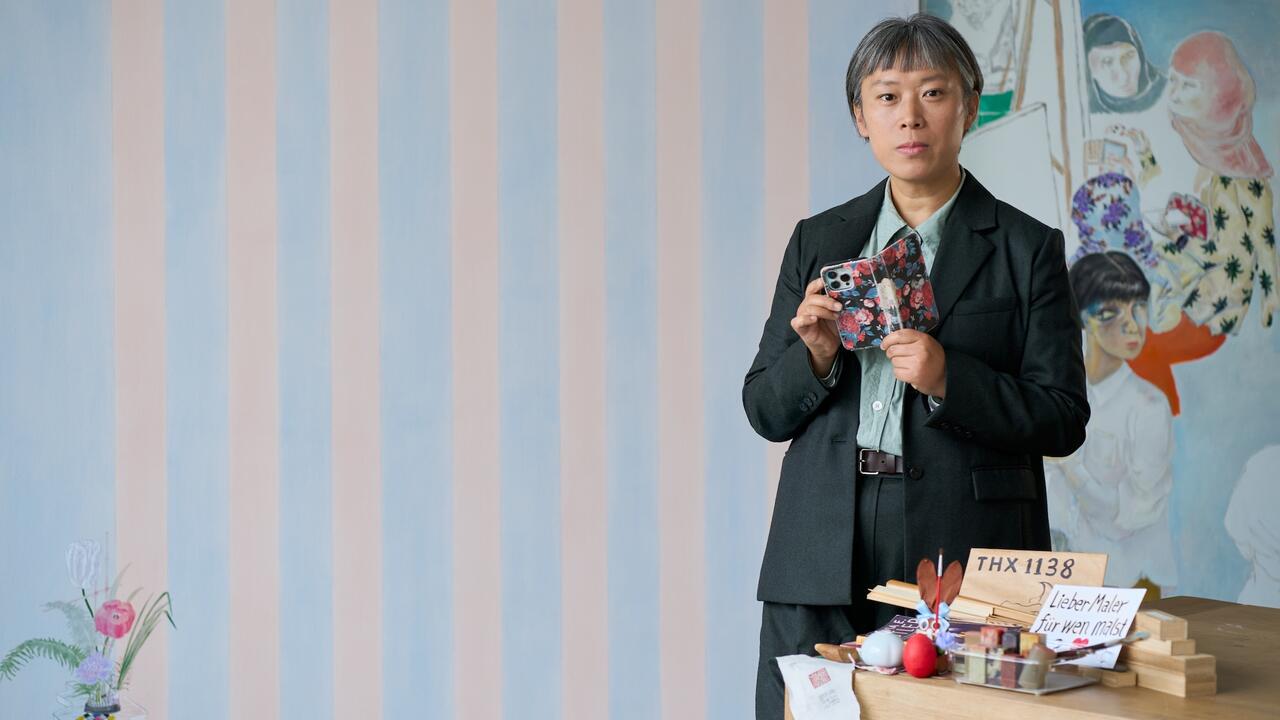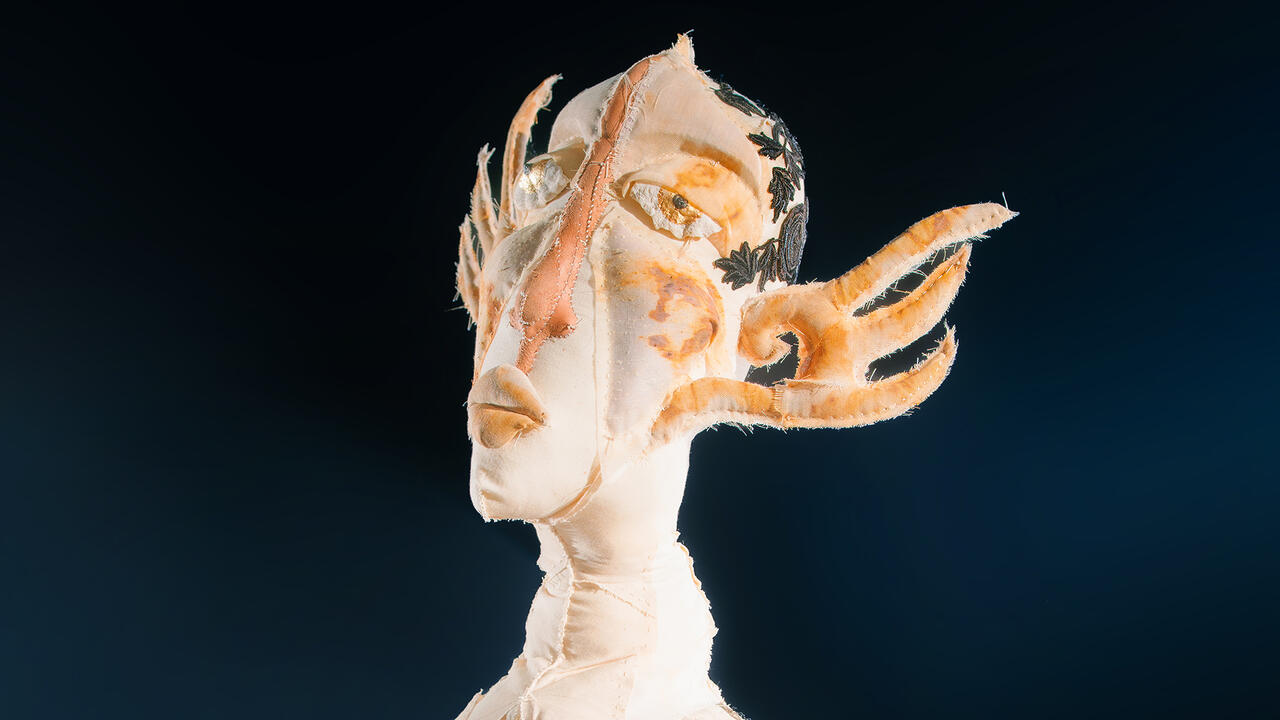Breaking the Mould
The lead in The Handmaiden, Kim Min-hee is proving to be the most interesting Korean actor for some time
The lead in The Handmaiden, Kim Min-hee is proving to be the most interesting Korean actor for some time

A few weeks ago Korean actor Kim Min-hee got hit with a loaded question at the Berlinale Film Festival: ‘How much truth is in your new movie?’ The film under discussion, On the Beach at Night Alone (2017), for which she won a Silver Bear for Best Female Actor at the Berlinale, is about a female actor recovering from a love affair with an older, male director. Incidentally, On the Beach at Night Alone is a Korean movie by an older, male director, Hong Sang-soo, who in real life is currently going through a divorce. Perhaps unsurprisingly Hong and Kim were rumoured to be in a relationship, yet the actor was not willing to comment any further than saying: ‘Love is of course the most important thing in life.’

Just, what is love? If we look at The Handmaiden, the most recent film by Korean director Park Chan-wook (nominated for the Palme d’Or at Cannes last year and which goes on UK release tomorrow), we get quite a different interpretation than that offered by the fragile art of Hong. Kim has managed to star and thrive in both worlds, covering more or less the whole gamut of a national cinema which is known for stylish modes of transgression as it is for meticulously constructed intellectual experiments. If Park and Hong are mutual representatives of each extreme, then Kim has become a muse for both.
In The Handmaiden, which is based on the novel Fingersmith by British novelist Sarah Waters, Kim plays Lady Hideko, a rich woman in 1930s Japanese-occupied Korea. Unhappy, she lives with her overbearing and fetishistic uncle Kouzuki, who has a thing for books. His library is the centrepiece of a building which is designed with an East wing in Japanese style, and a West wing in the style of Western modernism – a rather clunky conceit. The books, though, are not so much read for content, but treasured for ritualistic value. Uncle Kouzuki favours an eroticism laced with strong elements of choreography and slowly building tension.
In her role as a mainly passive, statuesque token of beauty in a male dominated world, Lady Hideko gets a youthful and rejuvenating companion: Sook-hee (Kim Tae-ri), a servant or ‘handmaiden’ whose task is to tend to the needs of the lady. The two women forge a bond, and eventually plot against their male oppressors: Kouzuki and a con man styling himself as Count Fujiwara. The fake Count plans to marry Lady Hideko, commit her to an asylum, and make away with her fortune. Sook-hee is supposed to be his secret agent, but she soon switches allegiance.

Coming from a culture which gives female actors considerably less scope for expression than in the West, with her recent work Kim has emerged as the most interesting female Korean actor for some time. Many of her compatriot (mainly male) directors are interested predominantly in iconic, superficial beauty (superficial in the literal meaning of the word, an attraction which is strictly without depth), and at first glance Lady Hideko in The Handmaiden is very much a product of male desire in the same vein. Yet Kim excels in embodying this female artifice as a container for emotion which just needs to be unlocked. The passionate relationship between Hideko and Sook-hee (intensified by aspects of class and complicated by Japanese colonial rule in Korea) leads to a quest for liberation for its female characters. It also allows Kim to go to the other extreme of her role – a woman who loses herself completely in physical lust.
For Park – who gained fame for his seething, violent Old Boy (2004) and the Vengeance-trilogy of which it was part – The Handmaiden marks an interesting step in his international career. This adaptation of a Western, Victorian-era novel into the world of classical Japanese/Korean culture, follows his British-American psycho-thriller Stoker (2013) which saw him working with Nicole Kidman and Mia Wasikowska. It would not be a surprise if Kim also gains more international visibility in the future, as her acting style equally suits arthouse sensibilities as it does larger productions. Though with the furore over the whitewashing of Ghost in the Shell and the marginalizing of Asian actors from lead roles in Hollywood, let’s hope it is not just a cynical ploy by studios to negotiate the wants of a global audience for diversified casts. Even still, the very best of her work so far has certainly been in collaboration with Hong.

Very recently Hong and Kim finally came clean about their relationship, which has been very much a public affair in Korea, as well as the the secret chord of their recent films. Already in Right Now, Wrong Then (2015) Kim Min-hee plays a young woman who runs into a male filmmaker. Their meeting is especially poignant as the girl is a painter, and quite a bit younger than her older suitor. The movie is structured as a diptych. We see the same story twice, with important variations. In terms of story and mood, the variations are in fact considerable. But the formal device of the ‘second take’ repetition really allows Kim’s acting to shine, The way she copes with Hong’s conceptually minimalist aesthetics betrays a great actor, and a real promise for not just Korean but international cinema.
The Handmaiden, directed by Park Chan-wook, is on general release in UK cinemas from 14 April.









